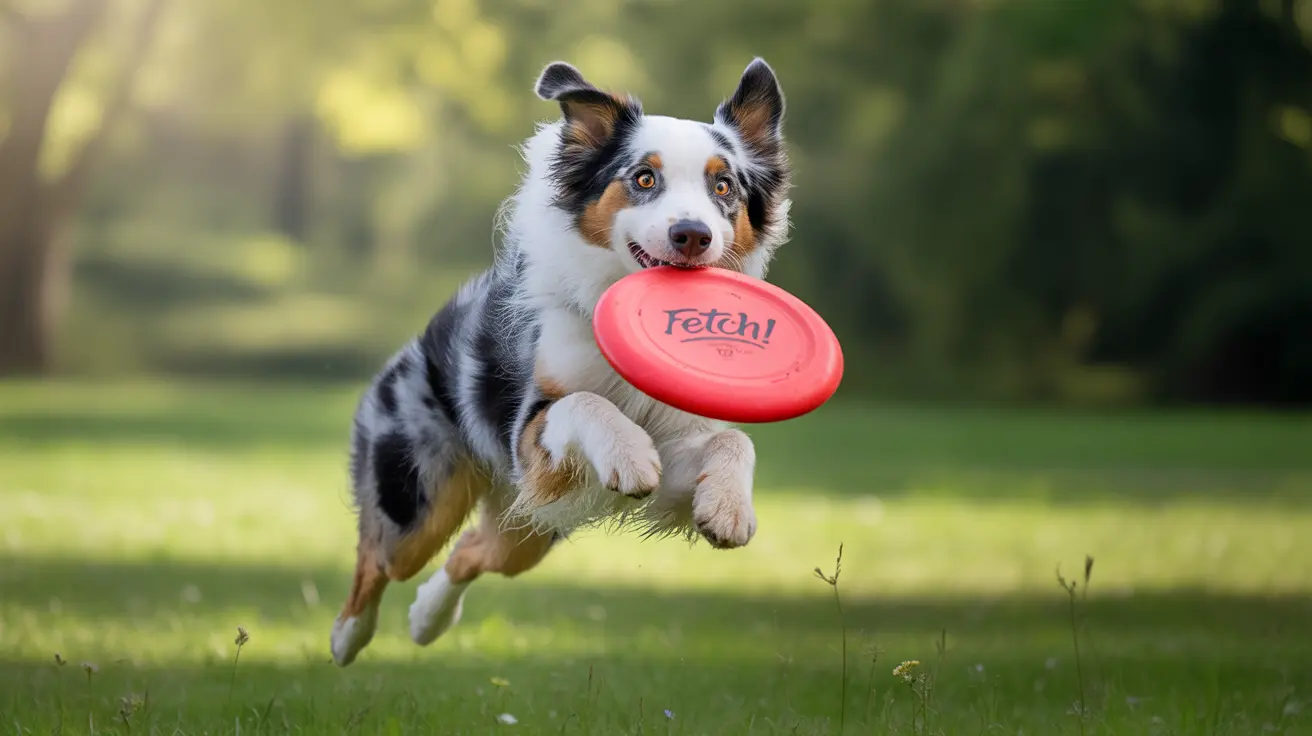If you've ever wondered "why is my dog humping me," you're not alone. This common yet often embarrassing behavior can leave pet owners feeling confused and concerned. While many assume it's purely sexual, dog humping actually serves multiple purposes in canine behavior and communication.
Let's explore the various reasons behind this behavior and learn how to address it effectively when your furry friend seems fixated on you specifically.
Understanding Why Dogs Try to Hump Their Owners
When your dog tries to hump you, it's essential to understand that this behavior isn't always sexually motivated. Dogs may engage in mounting behavior for various reasons, including social bonding, stress relief, or attention-seeking.
The behavior often intensifies with the person who provides primary care because this individual represents safety and security in the dog's life. This explains why your dog might keep trying to hump you more than other family members.
Common Triggers for Humping Behavior
- Excitement and overstimulation
- Stress or anxiety
- Social bonding attempts
- Attention-seeking behavior
- Play initiation
- Medical issues or discomfort
Why Does My Dog Keep Humping Me Specifically?
Dogs often target their primary caregiver for mounting behavior because this person represents the center of their emotional world. If you're the one who feeds, walks, and cares for your dog, you've likely established the strongest bond with them.
This special connection means your dog may express both positive and negative emotions more frequently with you, including through mounting behavior. Additionally, your reactions to the behavior might inadvertently reinforce it, creating a cycle that's difficult to break.
Managing and Preventing Unwanted Humping
When your dog keeps trying to hump you, consistent management strategies are crucial for addressing the behavior:
Immediate Actions:
- Calmly redirect their attention
- Use positive reinforcement for alternative behaviors
- Maintain consistent exercise routines
- Provide mental stimulation
Long-term Solutions:
- Establish clear boundaries
- Consider professional training
- Address underlying anxiety issues
- Ensure proper socialization
Frequently Asked Questions
Why does my dog keep humping me specifically when I give them attention?
Dogs often hump during attention-giving moments because the behavior has successfully earned them more attention in the past. This can become a learned response to excitement or a way to prolong interaction with you.
Is my dog trying to dominate me when they hump my leg or arm?
While humping was traditionally viewed as purely dominance-related, modern behavioral science suggests it's more often linked to excitement, stress, or attention-seeking than dominance. The behavior usually indicates arousal (not necessarily sexual) or overstimulation.
How do I stop my dog from humping me without reinforcing the behavior?
The key is to calmly redirect your dog to an appropriate activity without providing excessive attention. Use commands like "sit" or "leave it," then reward calm behavior. Consistency and positive reinforcement are essential.
Should I be concerned if my neutered dog still humps people or objects frequently?
Occasional humping is normal even in neutered dogs. However, if the behavior becomes excessive or compulsive, consult your veterinarian to rule out medical issues or anxiety disorders.
Why does my dog only hump me and not other family members in the household?
Dogs often direct this behavior toward their primary caregiver because of the strong emotional bond and established patterns of interaction. Your responses may also inadvertently encourage the behavior more than other family members' reactions.






